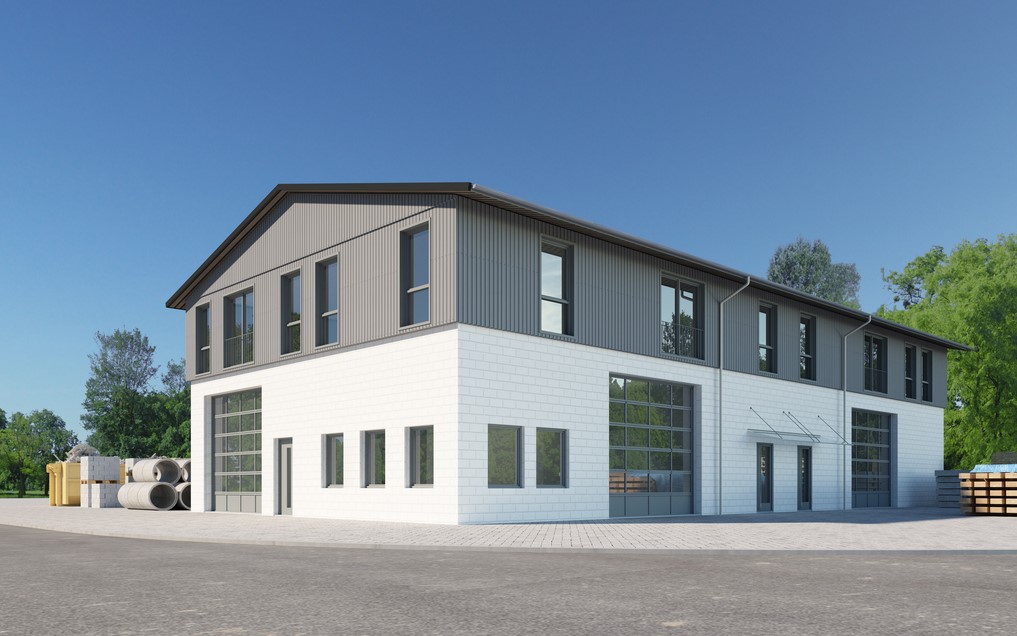
SBA Real Estate Loan
What is SBA Real Estate loan?
SBA (Small Business Administration) real estate loans are one of the real estate-related loan programs offered by the United States Small Business Administration. This program helps small businesses acquire funds to purchase or improve real estate. SBA real estate loans are typically for commercial real estate and can be used to purchase or improve properties such as offices, shops, or warehouses. The key features of SBA real estate loans include:
- For business use, a requirement of using the space for at least 51%, while the rest can be rented out.
- Low-interest rates: SBA sets a cap on interest rates, which are typically lower than those of conventional commercial real estate loans.
- Long loan terms: SBA real estate loans can offer long repayment periods of up to 25 years, reducing monthly repayment burdens.
- Low down payment requirements: SBA real estate loans may require lower down payments (as low as 10%) compared to other commercial real estate loans.
- Usage restrictions: SBA real estate loans are typically used for purposes such as purchasing real estate, improvements, or financial status improvement.
- Application process: To apply for an SBA real estate loan, you usually need to apply through an SBA-designated lending institution. The SBA provides some guarantee for the loan to reduce the institution’s risk.
- Refinancing available: It’s possible to refinance with an SBA real estate loan to cash out, even if there is an existing mortgage or no mortgage currently
- Maximum SBA real estate loan amount: Up to $5,000,000.
Types of SBA Real Estate Loans:
SBA 7(a)
- When the loan amount is typically less than $3 million
- SBA guarantees the bank
- Down payment: 0% – 25% or more
- Must use at least 51% of the space
- Repayment terms: 10, 20, 25 years
- Real estate + business together possible
- Personal credit score of 700 or higher
- 2-3 years of tax returns required
- Up to a maximum of $5,000,000
- Green card holders, citizens only
SBA 504
- When the loan amount is typically $3 million or more
- The bank provides 50% + CDC (SBA) 40%
- Down payment: 10% or more
- Must use at least 51% of the space
- Repayment terms: 20, 25 years
- Up to a maximum of $5,000,000
- Personal credit score of 700 or higher
- 3 years of tax returns required
- Green card holders, citizens only
